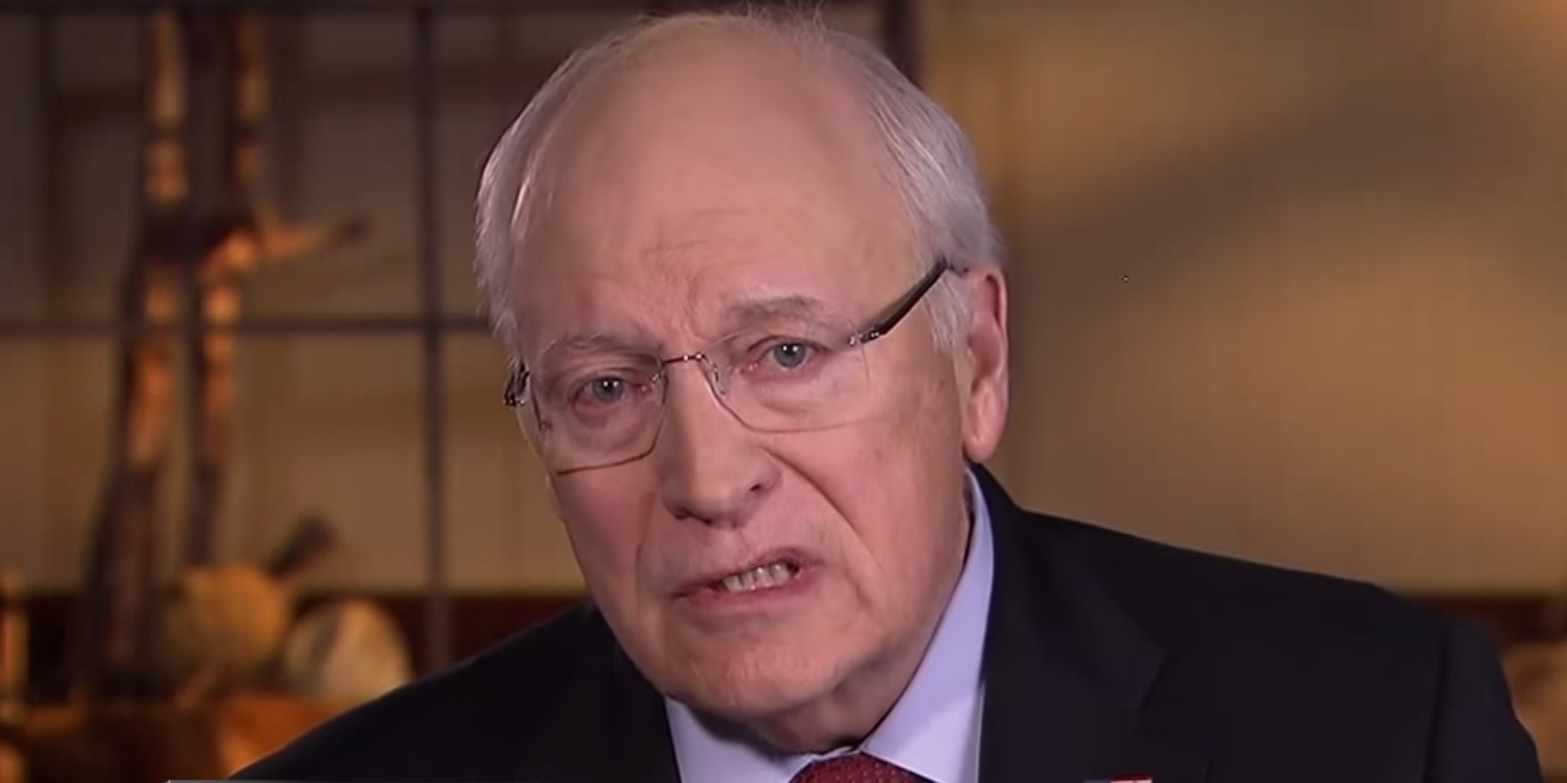[protected-iframe id=”3cc604cbe1d96c2432dd871467cddd64-46934866-60066902″ info=”//www.spreaker.com/embed/player/standard?autoplay=false&episode_id=4663303″ frameborder=”0″ scrolling=”no”]
Videos by Rare
Last Sunday, Meet the Press host David Gregory asked Senator Rand Paul, “You’re not a ‘Dick Cheney Republican’ when it comes to American power in the Middle East?”
It was a good question.
This column is not about your position on the Iraq or Afghanistan wars. It is not about Libya or Syria. It is not about Iran and nukes. It is not about Ukraine. It is not about “enhanced interrogation tactics,” the Patriot Act, the NSA’s metadata collection, Guantanamo Bay, drones or any other national security related issue.
It’s not about any of these issues, per se. It’s about what conservatism means.
A Harvard study last year showed that the Iraq and Afghanistan wars cost somewhere between $4 and $6 trillion. This constitutes about a quarter or a third of the entire U.S. national debt.
Remember when Senator Ted Cruz led a filibuster last year to defund Obamacare? Something virtually every conservative said we couldn’t afford? A decade of Obamacare will cost about $2 trillion, which is half, or less than half, of what we’ve spent on our ventures in Iraq and Afghanistan.
Conservatives were right—we can’t afford Obamacare. Still, Democrats said we desperately needed it, despite the cost.
If we can’t afford Obamacare, we most certainly can’t afford something that costs more in the immediate sense. Still, Dick Cheney and others said we needed those wars, despite the cost.
Many conservatives said, and continue to say, we needed those wars.
So, in 2014, what does it mean to be a conservative?
Most conservatives believe in a strong national defense. Most also believe in making government smaller. But if you’re idea of a strong national defense is anywhere in the vicinity of Cheney’s definition, it makes reducing spending or the size of government a logistical impossibility.
Liberal Democrats will never cut spending or shrink government because they believe the state should be involved in virtually everything. Similarly, Dick Cheney Republicans have never prioritized spending cuts or shrinking government because they believe the U.S. government should be involved all over the world.
Perhaps the federal government should have a role beyond its explicit constitutionally delegated functions. That can be debated. Perhaps the U.S. does have a role to play militarily beyond our traditional security or defense interests. That too, should be up for debate.
But a refusal to examine whether most of what government is doing now—domestically or abroad—is to abandon any hope of ever shrinking it.
A cost-benefit analysis is needed: Did we need to go into Afghanistan after 9/11 to route the Taliban? Absolutely. But did we need to stay there over a decade? Did we need to go into Iraq at all? Do we need to fight similar wars in Syria, Iran and again, in Iraq?
If the goal is to reduce spending and government size, these questions are essential.
But to Dick Cheney Republicans, they shouldn’t even be questions. Cheney not only thinks we should continue with everything we’re doing militarily, but thinks we should be doing more. For Cheney and likeminded Republicans, spending $4 to $6 trillion on two wars was not nearly enough.
If, as a conservative, you genuinely would like to see our federal government reduced in size, you simply cannot be a Dick Cheney Republican.
This is not my opinion. It’s math.
The former vice president once famously said in 2002, “deficits don’t matter.” If you’re a small government conservative in 2014, Dick Cheney shouldn’t matter either.



